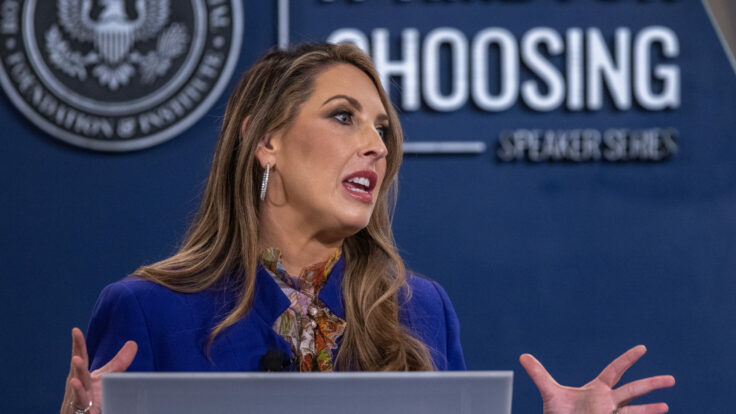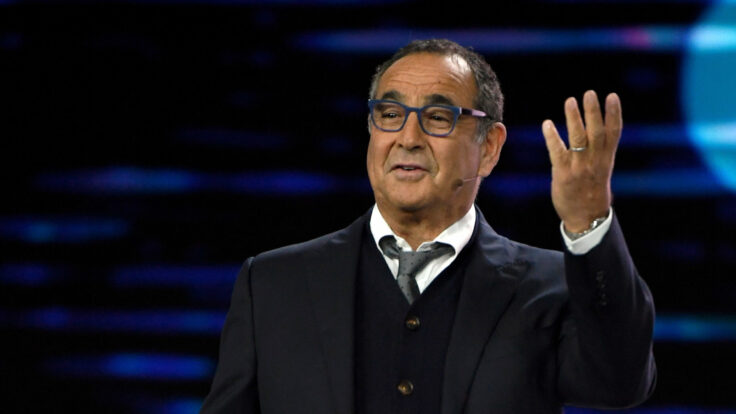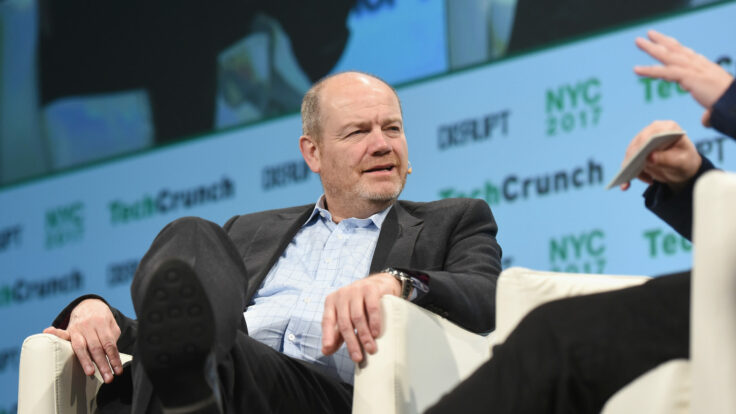For the last five months, ever since Jeff Zucker’s abrupt and unceremonious ouster and Chris Licht’s installment, the sturm und drang surrounding CNN’s turbulent leadership transition has focused on the real and perceived effects of the management shuffle on the core linear television product. Media coverage of Licht’s CNN, like most conversations inside the organization and across the industry these days, center on his mandate to turn down the volume (less “Breaking News” alerts, et cetera) and produce less polarizing and alarmist journalism—a shift away from Zucker-style programming that is either very welcome or very foolhardy, depending on whom you ask, but certainly indicative of David Zaslav and Warner Bros. Discovery’s desire to ensure that CNN is a universally palatable brand with an optimized total addressable market that can eventually juice the HBO Max offering, or perhaps even help facilitate the optionality (one day, at least, hypothetically) for a sale of the company, itself, or another mega-deal, once the synergies are complete and the debt is dialed down.
The focus on the television asset is logical: the cable channel still drives the vast majority of the business unit’s roughly $1 billion in annual profit, and the reputation of the brand rests on the shoulders of stalwarts like Anderson Cooper and Jake Tapper as well as the channel’s utility to citizens when real news actually breaks. Nevertheless, this focus ignores another effect of the leadership-ownership change that, while less discussed, is arguably no less important: the uncertainty over the future of CNN Digital, which is the world’s most popular digital news site and, to date, a significant boon to the business’s bottom line.

















